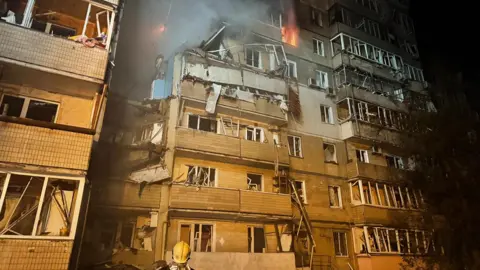A fire at an electrical substation near Heathrow Airport caused a significant power outage, plunging the facility into darkness for nearly 18 hours. This disruption not only delayed flights but also affected global travel, leading to long-standing concerns over the resilience of Britain’s key infrastructure.
In stark contrast, a nearby data center, also affected by the power cut, managed to keep operations running smoothly thanks to its advanced battery and backup generator systems. Energy experts attribute this disparity in readiness to financial considerations, stating that many airports, including Heathrow, have hesitated to invest in comprehensive backup systems.
Simon Gallagher, Managing Director at UK Networks Services, noted that the airport industry has yet to realize the critical importance of investing in robust electrical backup solutions. While cities operate on a complex grid system, which can be vulnerable, Gallagher highlighted the potential for airports like Heathrow, which consumes electricity akin to a smaller city, to implement effective backup strategies.
However, achieving such improvements could require investments reaching as high as $100 million, with installation times possibly extending over several years. Given that most airports have opted against these costly upgrades, Gallagher emphasized the prevalent mindset that weighs risks against financial implications.
While the data center industry has learned to prioritize resilience against catastrophic failures due to its relatively recent development, airports continue to lag behind, raising questions about what steps will be taken to safeguard essential travel infrastructures in the future.






















